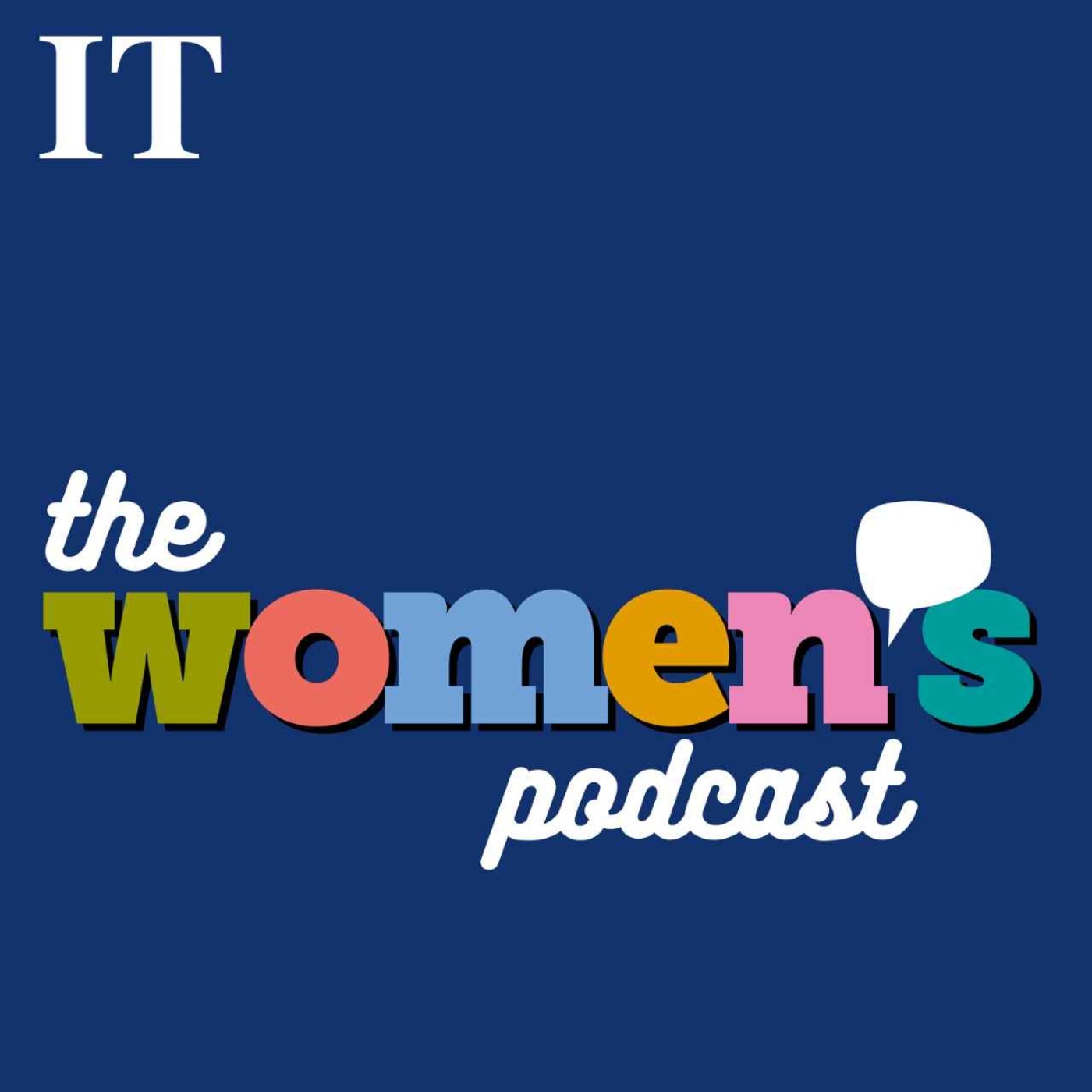International Women’s Day is upon us. The day that lets women across the world pause and reflect on all the ways we are still putting up with the same old s**t we’ve been fighting against for decades.
Our inbox and social media feeds are filled with fun statistics like women are more likely to die by violence in their own home in Ireland than any other location, that women make up just 36 per cent of seats on publicly listed company boards and that 65 per cent of us are still mainly responsible for household chores despite men also knowing how to plug in a vacuum cleaner.
That’s before we even get into the gender pay gap which, like the existence of the female orgasm, many men believe is made up. I have yet to conduct academic research but my hypothesis is that the Venn diagram between these two belief groups is actually just a circle. Please accept this as my formal research grant application.
Work Equal, an Irish campaign group, reckons women stopped earning relative to men on November 21st despite having to turn up for the rest of the year. They put the gender pay gap at 11.3 per cent but this is also contested. Research released from the Labour Party says it’s more like 22.2 per cent based on CSO earnings data.
READ MORE
The issue is there is research that measures the differences between what women and men earn per hour across different jobs and there is other research that measures the differences between employees doing the same job in the same company. As a result of not having just one set of comprehensive research that factors in everything, Dr Lisa Wilson, a senior economist at the Nevin Economic Research Institute, says the “Republic of Ireland does not publish a national estimate of the gender pay gap”.
Asking us to push for more female CEOs while giving us vague promises that it will improve our own struggles feels like trickle-down gender rights
So not only are we getting screwed, we don’t even know how hard.
But now that organisations of 250 employees or more have to report their pay gaps in Ireland, can’t we shame the pay gap out of existence? Not really, because, again, these only measure the differences between organisations not entire industries. We can’t tell how much industries where women are over-represented are underpaid compared to male-dominated ones. As we famously know, women choose less demanding and well-paid vocations that aren’t essential to society functioning as we know it, things like nursing and early childhood education.
[ What’s going on with Ireland’s ‘unexplained’ gender pay gap?Opens in new window ]
Usually on International Women’s Day I am invited to some sort of business lunch sponsored by big firms where I get to stare in awe at women who have proper jobs that require the use of advanced Excel shortcuts (unlike me).
There are speeches about how we need more female CEOs and business leaders, but rarely are there speeches about the need to raise the pay of the women who allow us all to be here, sipping warm mimosas, by caring for our children or elderly parents. Women who work in nursing homes and crèches. Who keep the people we love healthy and alive.
I am supportive of more female CEOs but it’s not an issue I really care the most about. I am not rooting against them. I am actively cheering them on like watching the Instagram of a friend running a marathon or purchasing an air fryer. Good for you guys, but ultimately it doesn’t make much of a difference to my life.
It’s just that for women like myself and from my community it sometimes feels like we’re being asked to donate to an event that we weren’t invited to in the first place. To campaign for a presidential candidate when we don’t even have the vote.

We need more female CEOs, yes, but overwhelmingly these are white wealthy women with more advantages than most of us know even exist. Asking us to push for them while giving us vague promises that it will improve our own struggles feels like trickle-down gender rights. A study of over 1,000 US companies last year found senior female employees under female CEOs are likely to earn less, not more.

International Women’s Day: Celebrating 50 years of Irish Feminism
I am more interested in raising the pay rates and working rights of women in crucial but underpaid female-dominated industries. Women who literally keep our children alive and safe all day, enabling us to provide for our families but who are deemed to be worth less per hour than construction labourers who don’t have a skilled trade qualification.
The average minimum wage for an educator is €13 increasing to €17.25 per hour to graduate managers with a bachelor’s degree.
[ Workplace lessons from the world’s most gender-equal country - and the coolestOpens in new window ]
A general operative or labourer with two years experience in construction legally can’t be paid less than €18.47 per hour.
So while increasing women leaders in business and companies sharing their data are commendable, we need more than self-congratulatory cupcakes, events and pats on the back. If we are leaving behind nurses, teachers, retail workers and creche workers – the people on whom we relied so much during the pandemic – then we are all behind.
Oh, and if you are part of a company that proudly talks about its pay-gap data being published and its attempts to close that gap while contractually banning employees from discussing their wages with each other so women can actually find out if they’re being paid less than their team-mate Dave who can’t work the photocopier? You can keep your mimosas thanks.
[ The real reasons why women get paid less than menOpens in new window ]













